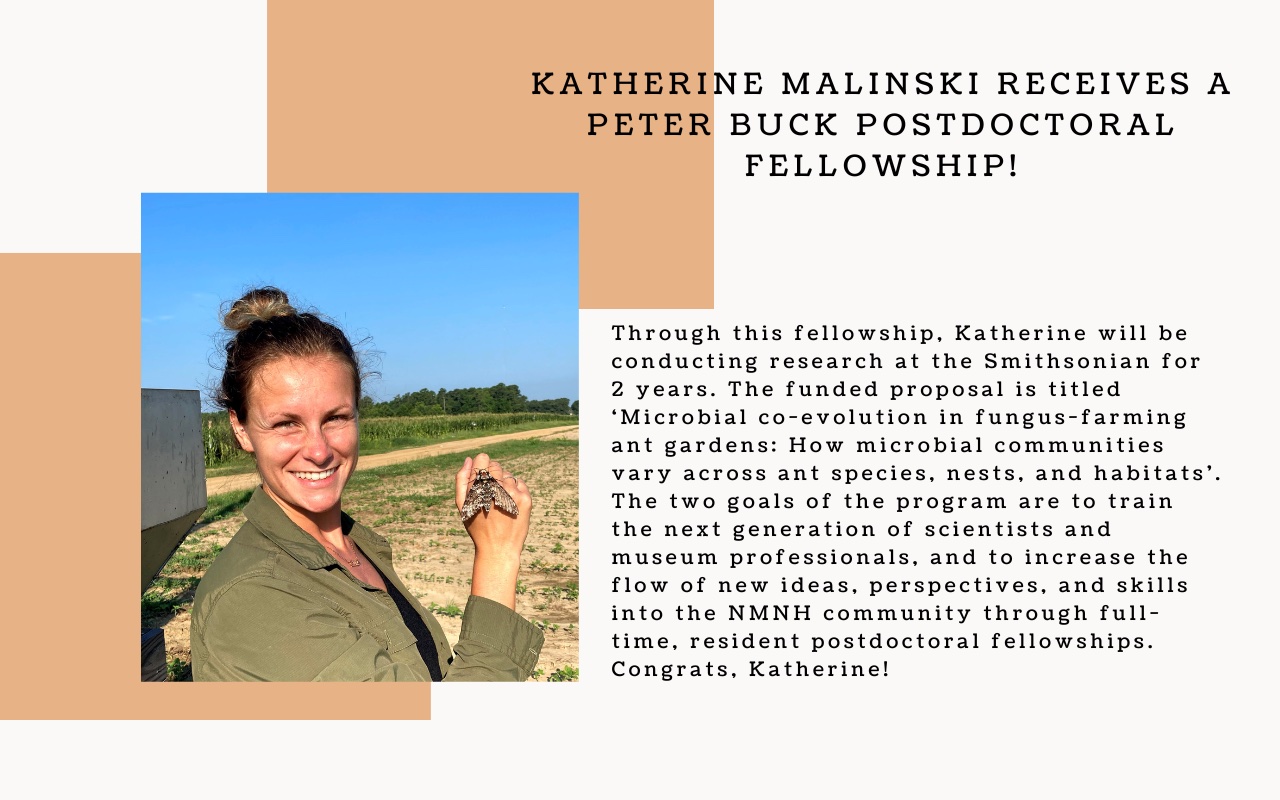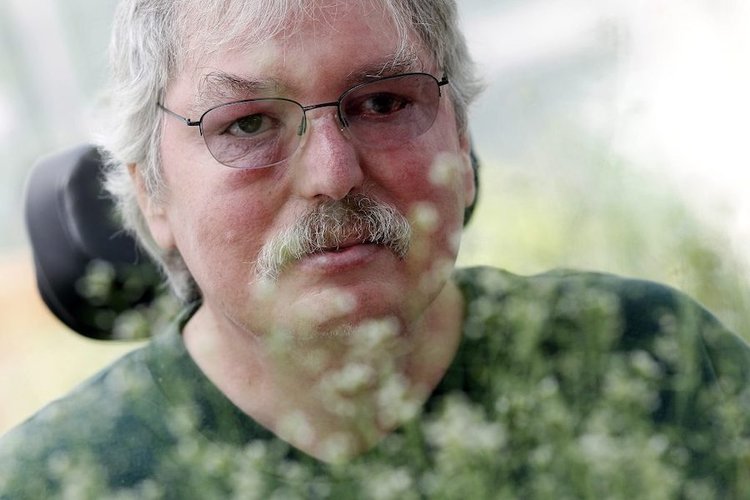Recent Publications by Xiao Feng!
Dr. Feng and his lab have been featured in several recent publications. Below are a couple of highlights:
Dr. Feng and his lab have been featured in several recent publications. Below are a couple of highlights:

Read more about the Peter Buck Postdoctoral Fellowship.
The Goldstein Lab was recently published in Current Biology along with The New York Times! The paper, “The tardigrade Hypsibius exemplaris dramatically upregulates DNA repair pathway genes in response to ionizing radiation,” explores new research finds that the microscopic “water bears” are remarkably good at repairing their DNA after a huge blast of radiation.
TriBeta is a society for students, particularly undergraduates, dedicated to improving the understanding and appreciation of biological study and extending boundaries of human knowledge through scientific research.
Congratulations Dr. Johnson!!!
This award recognizes a professor and TA from UNC’s STEM departments who have created an inclusive and celebratory environment for diversity. Honorees were chosen through majority nomination by their students.
oSTEM (Out in Science, Technology, Engineering, and Mathematics) empowers LGBTQ+ students in STEM to succeed personally, academically, and professionally. We hold social events to connect queer STEM students with one another, and we partner with graduate students in STEM Pride to provide one-on-one mentorship opportunities.

Congratulations to Jeff Dangl, who is a recipient of the inaugural Philip N. Benfey Arabidopsis Community Lifetime Achievement Award. Dr. Benfey was a renowned Arabidopsis biologist who passed away in 2023. This award was established in honor of Dr. Benfey “to recognize Arabidopsis researchers whose careers made a major impact on plant sciences and scientists alike.”
Phi Beta Kappa, the nation’s oldest and most honored college honorary society, inducted 298 University of North Carolina at Chapel Hill students as new members. Less than 1% of all college students qualify for acceptance.
The recent induction ceremony featured remarks by Provost J. Christopher Clemens and a keynote address by Michelle King, associate professor in the department of history.
Past and present Phi Beta Kappa members from across the country include 17 American presidents, 42 U.S. Supreme Court Justices, more than 150 Nobel Laureates, and numerous artistic, intellectual, and political leaders.
Phi Beta Kappa membership is open to undergraduates in the College of Arts & Sciences and professional degree programs who meet stringent eligibility requirements. A student who has completed 75 hours of course work in the liberal arts and sciences with a GPA of 3.85 or better (on a 4-point scale) is eligible for membership. Also eligible is any student who has completed 105 hours of course work in the liberal arts and sciences with a 3.75 GPA. Grades earned at other universities are not considered.
Phi Beta Kappa has 293 chapters nationwide. UNC’s chapter, Alpha of North Carolina, was founded in 1904 and is the oldest of eight chapters in the state. Each year, Phi Beta Kappa chapters and alumni associations across the country raise and distribute more than $1 million in awards, scholarships and prizes benefiting high schools and college students.
Phi Beta Kappa officers at Carolina for 2023-24 are students Isaiah Horton, president; Varad Gurude, vice president; and Sharidan Farris, recording secretary. James L. Leloudis, professor of history, Peter T. Grauer associate dean for Honors Carolina, and director of the James M. Johnston Center for Undergraduate Excellence, is chapter executive secretary and faculty advisor.
Listed below are the names of all biology major and minor inductees. The names appear below in alphabetical order.

“These findings are significant as they are consistent with purported human health benefits of kombucha tea, which include protection against metabolic diseases, improved liver function, and reduced fat accumulation.” — Rob Dowen, PhD
Read more about the study in Medical News Today and PLOS Genetics
Through a new NSF Engines award, Carolina and nine partners will develop a plan for a 42-county Agricultural Tech Innovation Corridor, boosting innovation and access for underserved agricultural communities across North Carolina.
Agriculture is a cornerstone of North Carolina’s economy and provides a livelihood for a significant portion of its population. But most of the research and technological innovations that could benefit and grow the $103 billion industry are housed within companies and universities in more urban areas of the state.
The project, called the Climate-Responsive Opportunities in Plant Science (CROPS) initiative, includes researchers from Carolina, North Carolina Agricultural and Technical State University, Duke University, East Carolina University, North Carolina State University, and Wake Forest University. It also incorporates specialists and county agents from the N.C. Cooperative Extension Service, industry leader N.C. Biotechnology Center, the non-profit research institute RTI International, and the North Carolina Community College System.
“Through this broad collaboration, we will supercharge our agriculture sector by leveraging the unique strengths of our partners and sparking innovation that benefits the entire state,” said Carolina Eminent Professor of Convergent Science Gregory Copenhaver who serves as the University’s lead on the project. “CROPS envisions a future of climate-resilient agriculture in rural North Carolina, leading to a new generation of empowered and prosperous small- and midsized farms that contribute to thriving rural communities.” READ MORE
Whale Shark and Ecotourism Management – Nowadays, ecotourism with wildlife has witnessed unprecedented growth, attracting tourists seeking immersive experiences with nature. However, when ecotourism guidelines are not well-established, human behaviour can induce stress in animals. When you spend time with these giant animals, you start to notice that some are shyer than others, and this behaviour can be related to previous experiences with boats or swimmers. READ MORE